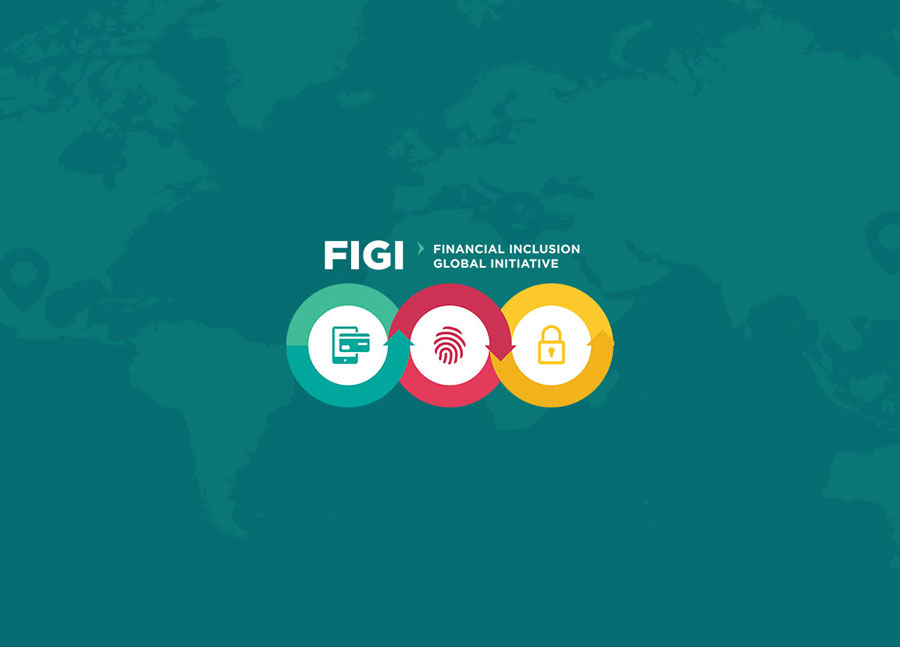
Fintech is increasingly recognized as a key enabler for financial inclusion. With its benefits, however, Fintech also poses new risks to consumers and heightens existing ones. As COVID-19 accelerates a widespread transition of consumers from cash to digital financial services, authorities face challenges when keeping pace and mitigating emerging risks – particularly in countries implementing baseline consumer protection frameworks at the same time. This session explores consumer risks posed by Fintech innovations (particularly digital credit, peer-to-peer lending, crowdfunding and payment innovations), including those exacerbated by the COVID-19 crisis, and emerging country policy approaches employed to mitigate those risks to consumers while maintaining a robust consumer protection regime.
World Bank’s Policy Research Paper on Consumer Risks in Fintech
How has digital finance affected women? Experts often discuss the many benefits of Fintech and digital finance for women. At the same time, few women are represented in high-level, decision making roles within the digital financial sector. Considerations for women consumers are often passed over as a result, particularly during key design and delivery stages for new products and services. Addressing the gender digital divide is a precondition for the digital revolution to reach its full potential, and women play a large role in this transformation – both as consumers and leaders. This session will explore how women can be better represented in leadership roles within the financial sector and how women can be better prepared to contribute to the digital financial services industry more broadly.








